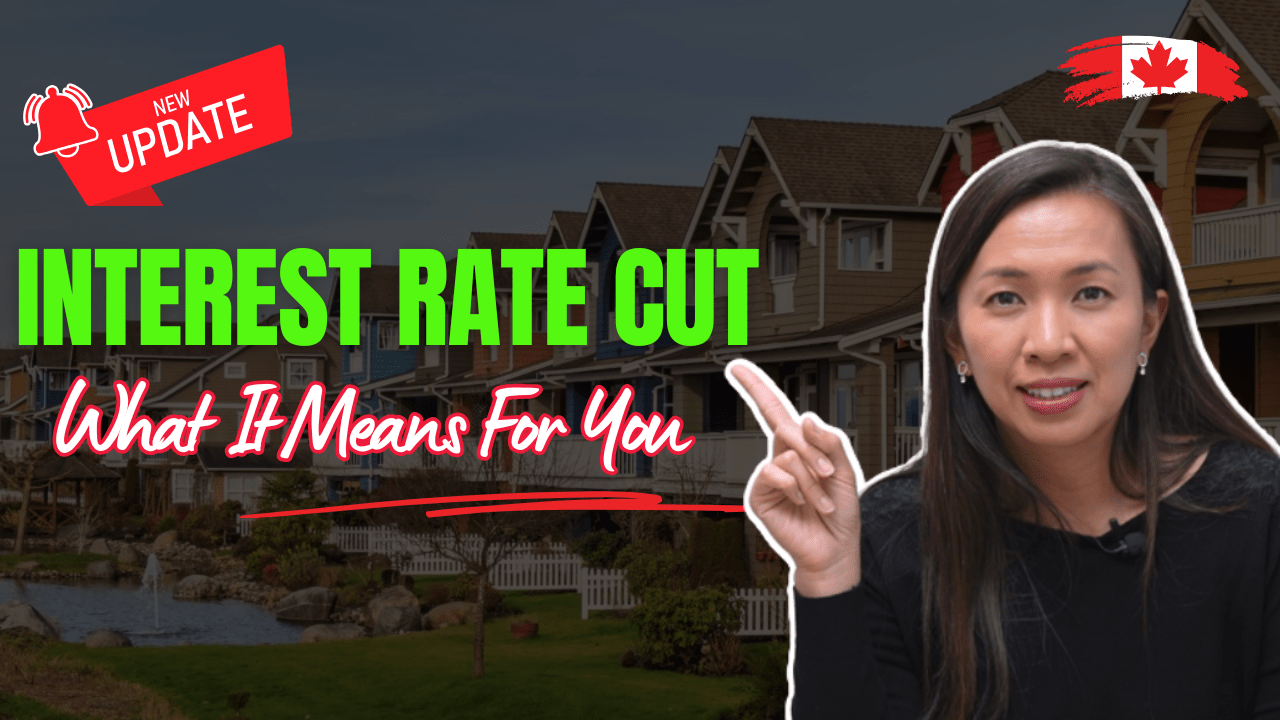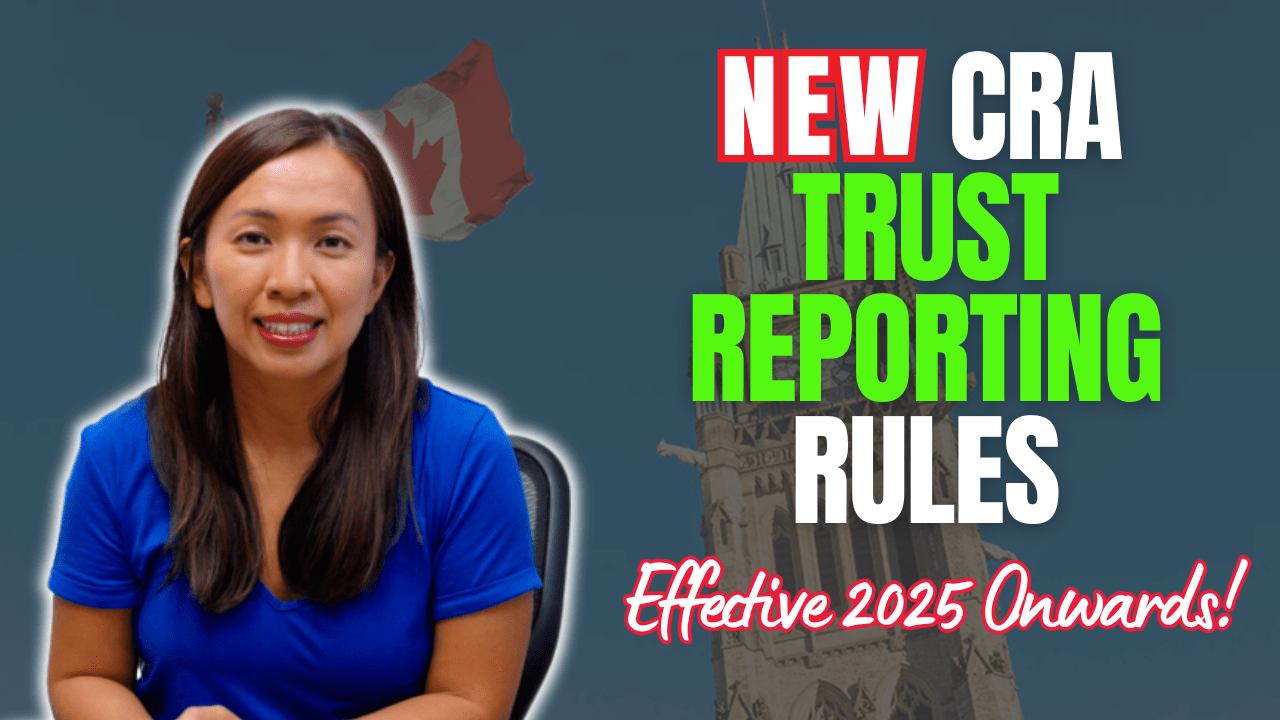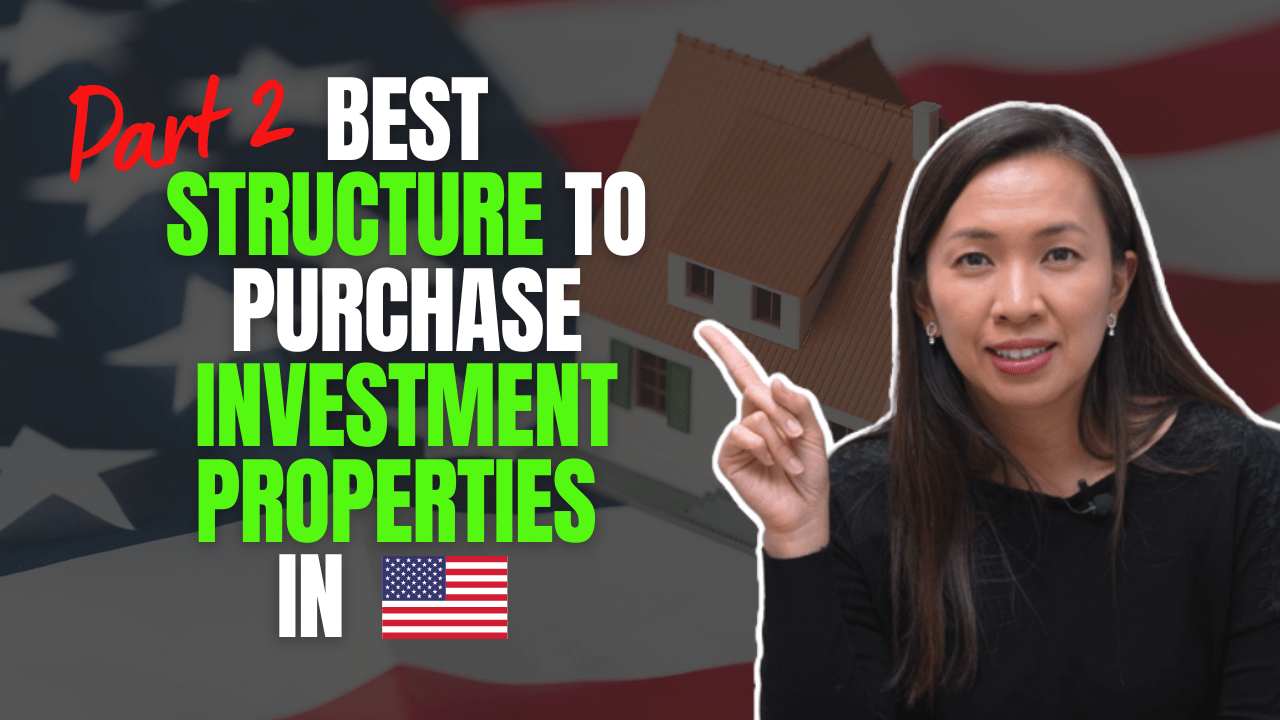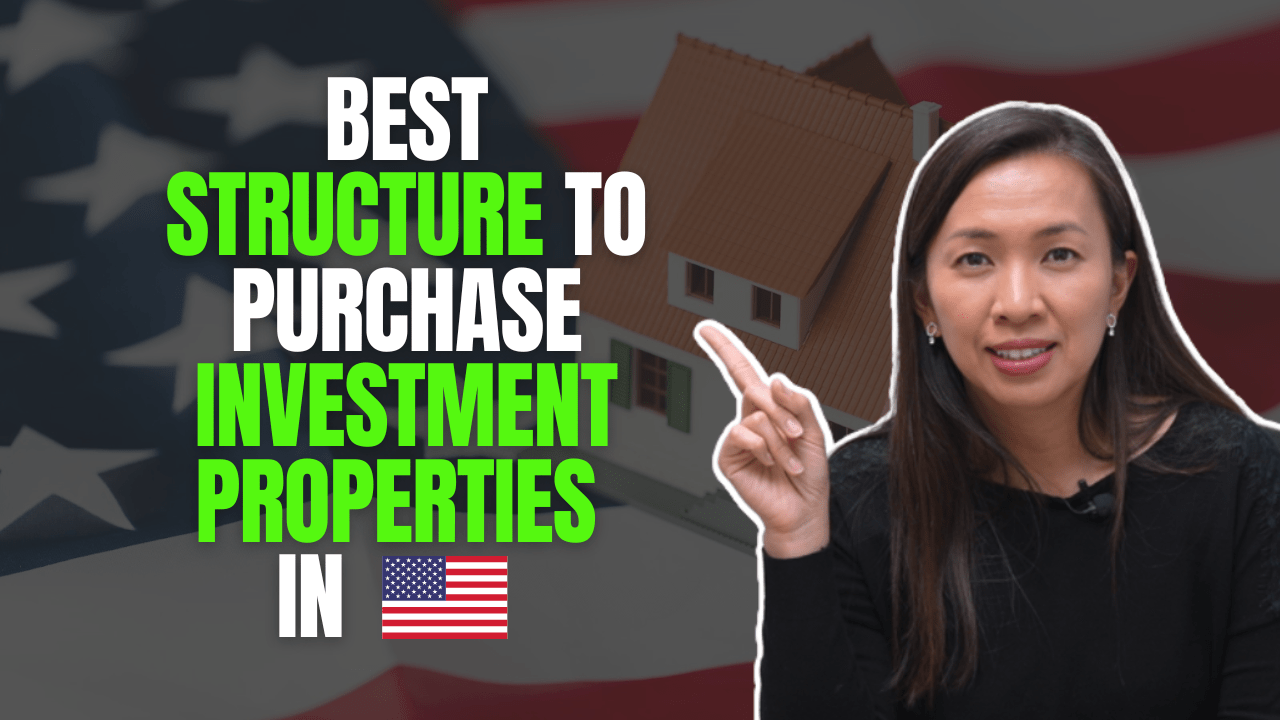Recently more clients have asked me about HST questions when building or substantially renovating a property for a flip. I have spoken about this before here. And I have created this post along with a video to refresh your memory and address some common questions.
Renovating a property is different from starting afresh and building a home from scratch. It is a confusing area of the Excise Tax Act. The CRA published several interpretations on this topic.
If you renovate a property or build a new home, you may have to charge HST on sale of the property.
It goes back to the the simple definition:
A builder is responsible to charge HST on a newly constructed and a substantially renovated home.
Who’s a “BUILDER”?
To summarize for the purpose of this post, according to the CRA you’re considered a builder:
- if you build a brand new home, or
- if you substantially renovated a property, or
- if you purchase a brand new home/substantially renovated property
Building a brand new home is simple and straightforward. You might have purchased a vacant lot or a big lot with an old house, tear it down, build a new one on top.
If you renovate a property, it is not as straightforward. It goes back to the definition of “substantial renovation”?
A property is considered substantially renovated if (1) all or substantially all (2) of the existing building (3) is removed or replaced.
It means 90% or more of the existing building is removed or replaced.
If you “gutted a house” from top to bottom, you might be required to charge HST on sale of a property!
It’s never simple when it comes down to the Excise Tax Act, the legislation that governs Sales Tax. I’ve come up with a few common scenarios for our discussion.
Am I liable to pay for HST when I renovate a property and resell it afterwards
The answer is it depends. If you purchase a house with the intention to flip and you have done substantial renovation as per the definition above, you’re considered a builder. You’re required to charge HST on sale of the property.
Residential resale homes are generally HST exempted. Hence, the majority of the sale would state that the sales price is inclusive of HST.
If you are selling a residential resale home, most buyers would be not willing to pay HST which is 13% extra. The seller generally includes the HST in the sale price.
When you build a new home after tearing down the old one, you’re required to pay HST to the CRA. More often than not, the sales price is also inclusive of HST.
What if I simply renovate a portion of the house? Am I required to charge HST?
That depends. If the renovation is not substantial, you are not required to charge HST.
For example, changing the front door design and any interior doors does not count as a substantial renovation and so, you won’t be required to charge HST.
All or substantially all means 90% or more, calculated based on any reasonable method and basis. Such as floor space, floor and wall space and number of rooms.
If you have substantially renovated a house, chances are that you will be required to charge HST, which can eat into your profit. Many investors use the term “gutted the entire house” to represent such renovations.
Most renovators try to limit the amount of work required and do not meet the definition of substantial renovation, you are still encouraged to keep proper evidence. These being the before and after pictures/videos of renovation, amount of square footage that you had renovated. This will come in handy if you ever get audited.
Is the housing rebate available if I build or substantially renovate a house that I sell immediately at completion?
Yes.
New Residential Housing Rebates are available for the builders to claim when the buyer intends to move into the property. Then that buyer assigns the rights to the builder to apply for the rebate.
If the sale price is over $450,000, no GST rebate is available.
You would still be eligible to claim $24K of Ontario PST rebate back.
Suppose the buyer is intending on renting the residential property out. As a builder you don’t have the right to claim the New Residential Rental Housing Rebates back. The buyer has to claim this back themselves after closing.
In another word, you would have to charge the full 13% HST on sale.
What is the HST implication if I build a home for myself or my relatives that move into the property at completion?
This can get real messy.
If you are building a house in the normal course of business or in the adventurous nature of trade, you’re required to do a self assessment. This will be at the time of completion.
Self assessment of HST is calculated at fair market value of the property at the time of completion.
It’s complicated, let’s use a simple example here.
You own a piece of land that allows you to build 4 detached homes and you fully intend to sell them to a third party for a profit upon completion.
You start construction, claim HST paid on the acquisition of land, and all materials purchased.
Life circumstances change and you decide to move into one of the 4 homes.
In this case, you are REQUIRED to do a self assessment on HST at the time the house is substantially completed.
Another example here.
Same scenario as above, except that you always knew you intended to move into one of these 4 houses.
You paid the HST and did not claim it back on ¼ of the land acquired.
You also did not claim any of the HST paid on the expenses incurred on your own house.
You move into the property and occupy the place as your primary residence.
In this case, you do not need to pay HST on the fair market value of the property.
If you claim input tax credit on the purchase of materials & land, self-supply rules kick in. You need to pay HST at closing on your own property.
What is the HST implication if I build/substantially renovate a house and rent it out?
If you build or substantially renovate a house, rent it out for a couple of years, and sell it.
Self-assessment rule applies to you.
You’re required to calculate your HST payable on the fair market value when the lease starts.
However, when you sell the property, HST does not apply as HST was already paid at the time the property was rented out as someone else’s residence.
HST impact in the construction industry can be quite complicated. Consult a professional to see if there’s any tax planning possibility so you don’t lose 13% of your profit to CRA.
Until next time, happy Canadian Real Estate Investing.
Cherry Chan, CPA, CA
Your Real Estate Accountant





